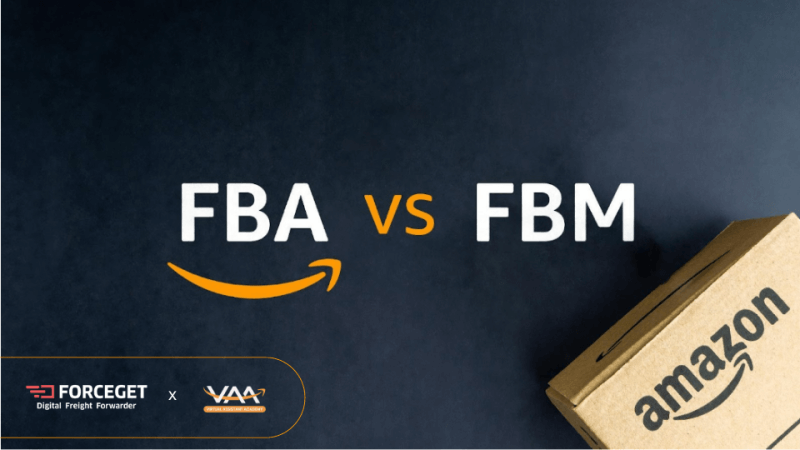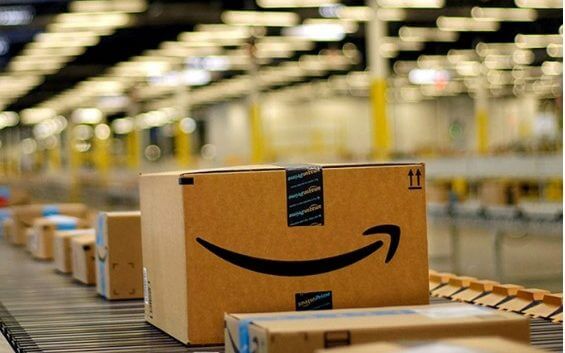
When it comes to selling on Amazon, one of the most important decisions you'll make is choosing a fulfillment method. Two of the most popular options are Fulfillment by Amazon (FBA) and Fulfillment by Merchant (FBM).
Both have their own set of pros and cons, so it's important to understand the differences and determine which one is best for your business.
FBA is a service offered by Amazon where sellers can store their products in Amazon's warehouses and have Amazon handle the shipping and customer service for them. This means that Amazon will handle the picking, packing, shipping, and customer service for your products.

FBM is when a seller handles the shipping and customer service for their own products. This means that the seller is responsible for storing, picking, packing, and shipping their products, as well as handling customer service.

Both FBA and FBM have their own set of pros and cons, so the best fulfillment method for your business will depend on your specific needs and goals. If you're looking for increased visibility, scalability, and improved customer service, FBA may be the better option for you. However, if you're looking for lower fees and more control over the handling and shipping of your products, FBM may be the better choice.
The number of products you sell is one of the most important things to think about when choosing a fulfillment method. If you have a high volume of products, FBA may be the best option, as it can handle large volumes of orders. On the other hand, if you have a lower volume of products, FBM may be more cost-effective, as you won't have to pay storage and fulfillment fees.
Another important factor to consider is your target market. If you're aiming to sell to Prime customers, FBA is a must, as it makes your products eligible for Prime shipping. If you're targeting non-Prime customers, FBM may be a better option as it allows you to offer customized shipping options that may be more cost-effective than Amazon's shipping options.
In conclusion, whether you choose FBA or FBM, it is essential to weigh the pros and cons of each option and how it aligns with your business goals. You may also want to consider trying both methods to see which one works best for your business. With the right fulfillment method in place, you'll be able to increase your sales and customer loyalty, and achieve your business goals on Amazon.
Lastly, it's important to remember that both FBA and FBM require a reliable logistics partner to make sure that your products are delivered to customers on time and in good condition. As an international logistics company, we at Forceget offer a wide range of services, including sea and air shipping and warehousing, to help Amazon sellers streamline their fulfillment processes. Our team of experts can help you navigate the complexities of exporting and ensure that your products reach customers in a timely and cost-effective manner. Whether you choose FBA or FBM, we can help you achieve your business goals on Amazon and grow your export business. Contact us today to learn more about our services and how we can help your business succeed!